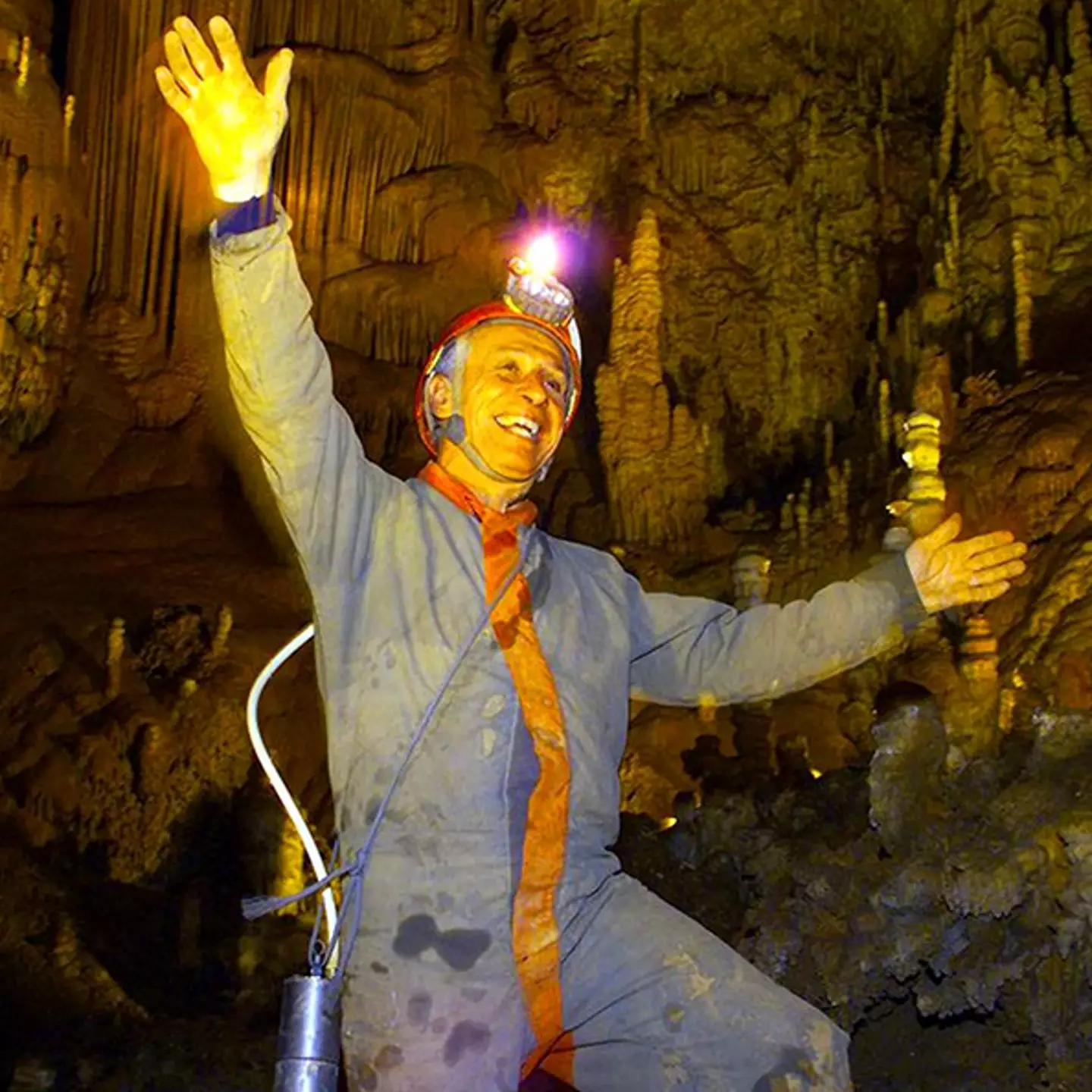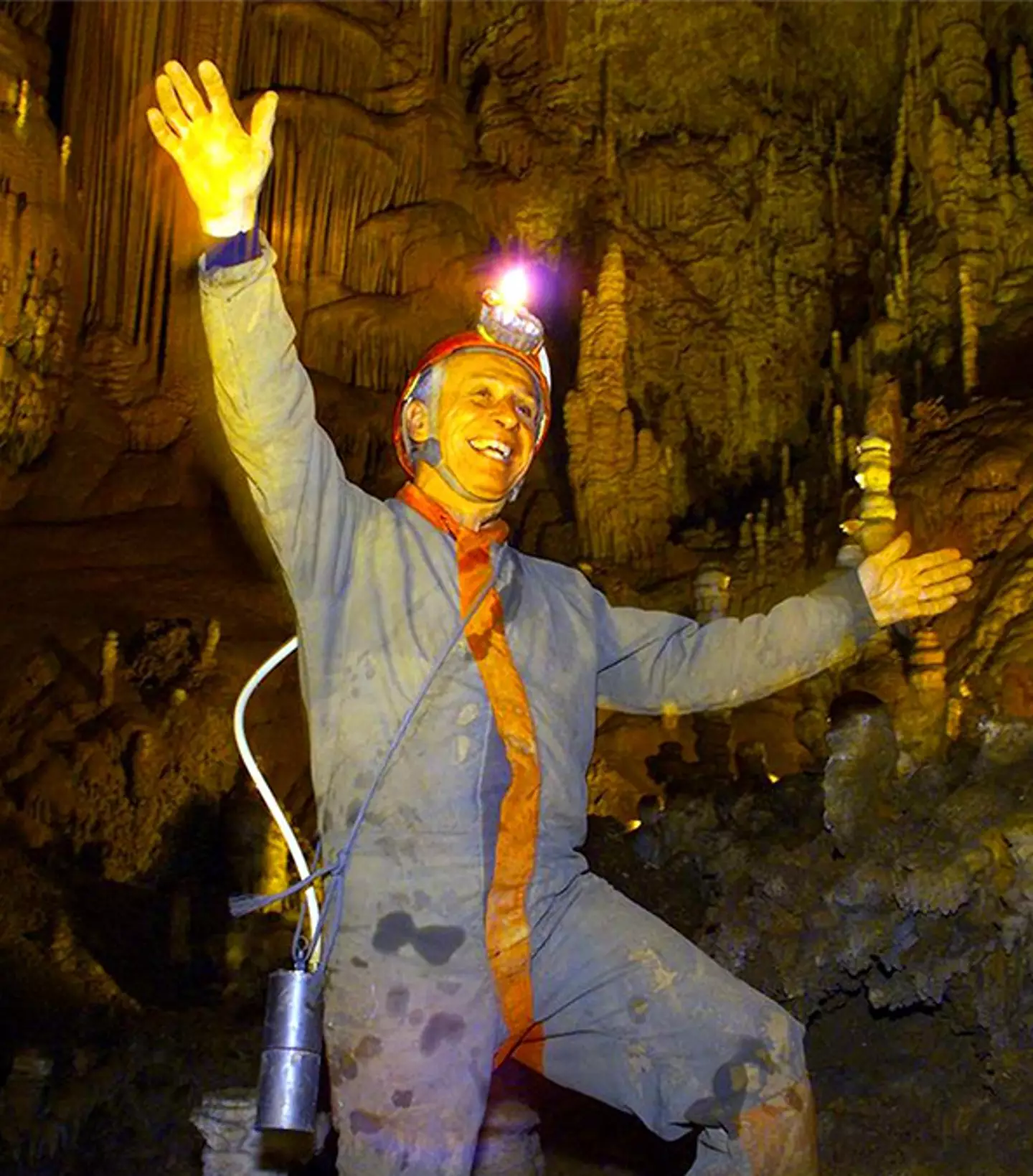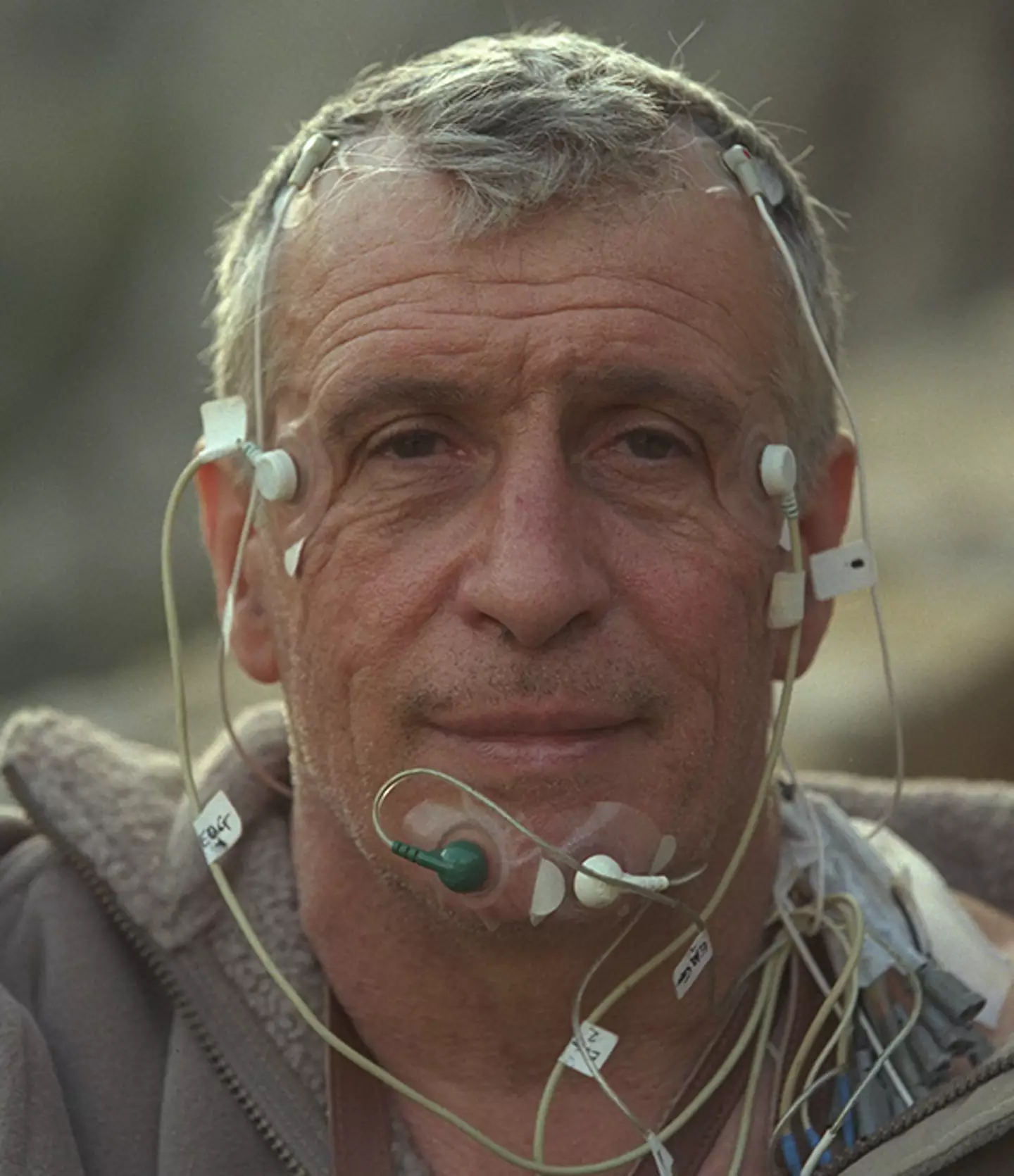
Some scientists dedicate their entire lives to their research, sometimes depriving themselves of sleep, social lives, and our basic needs to test their theories.
One such researcher isolated himself from daylight to spend hours in darkness and see what effect it would have on his body.
Michel Siffre conducted an experiment to study how how humans experience time when there's no external cues.
In 1962, the scientist cut himself off from the entire world for two months.
Advert
Circadian rhythms are our body's internal clock and they last roughly 24 hours. No, this is not a coincidence because they're synced to Earth's 24-hour day and night cycles.
They are regulated by several factors, the main ones being daylight and temperature.
So, what happens when we're deprived of daylight?

Reflecting of his expedition, Siffre explained: 'This idea came to me - this idea that became the idea of my life. I decided to live like an animal, without a watch, in the dark, without knowing the time.
'Instead of studying caves, you ended up studying time. Yes, I invented a simple scientific protocol.
'I put a team at the entrance of the cave. I decided I would call them when I woke up, when I ate, and just before I went to sleep. My team didn’t have the right to call me, so that I wouldn’t have any idea what time it was on the outside.
The French explorer added: 'Without knowing it, I had created the field of human chronobiology.'
The results? Well, with no light to regulate his clock, Siffre experienced time a lot differently.
He kept track of time by taking his pulse and carrying out his own 'psychological test'. He also had occasional contact with his team outside of the cave.

'I had to count from 1 to 120, at the rate of one digit per second,' the 85-year-old described.
'With that test we made a great discovery: it took me five minutes to count to 120. In other words, I psychologically experienced five real minutes as though they were two.'
Siffre was essentially experiencing everything twice as slow as they actually were. He later realised the extent of the self-experiment upon leaving the cave when he believed to still have a month left.
Also, you may be wondering how does one pass the time in these circumstances? I'm sure the majority of us would probably go crazy in the silence and darkness. But, not Siffre.
He passed the time over the two months by 'reading, writing and doing research' in the cave, while also daydreaming about his future often. Talk about time to yourself.